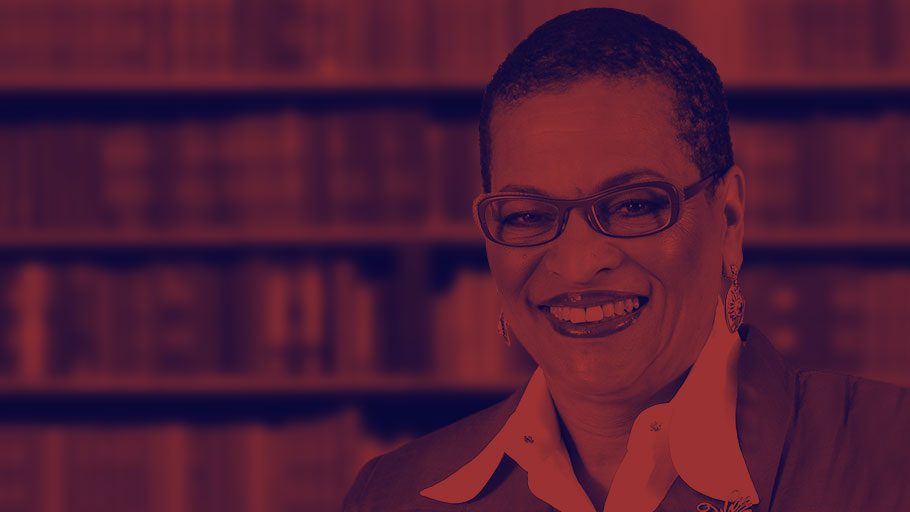I still have not gone to see the movie, The Help. I read the book and that was enough for me. I read a book where a white women fully engaged herself in cultural appropriation, putting 21st century voices into 1960s throats. Which black women, in 1960, would have said that black men left their families like trash by the side of the road? Maybe a 21st century feminist would have voiced such sentiments, but a sixties sister? Hardly.
Speaking of hardly, my opinion hardly matters. There is rich discussion among African American women about the movie, the book, and the reality. I just want to remind my sisters that in 1940 seventy percent of us were maids, or private household workers. I want to remind us that even those of us who had advanced degrees worked some time as a maid. I want folks to remember the scene in The Color Purple where the Oprah character was incarcerated because she had the dignity to decline private household work. Many black women did “days work” because they needed to make a living. Many were humiliated into doing days work to keep the peace in their household or community. In other words, no matter who you were, you should still serve.
My opinions about days work are rooted in my past, both as a daughter and as a researcher. My mom, Proteone Malveaux, is a retired social worker. She worked with organizations that organized private household workers. As a kid, I stuffed envelopes for a woman named Helen Little, who led the National Welfare Rights Association in San Francisco. Women like Mrs. Little and my mom were dedicated to ensuring that private household workers got fair pay, vacations, and dignity of work conditions. Too many folk, back in the day, thought that used clothes or leftover food were a substitute for a living wage.
When I moved to Boston, I somehow connected with a woman who was doing work on training private household workers. There was an irony. The federal government had actually funded her organization to train maids, and I thought the best way to train them was to move them out of household work. Somehow, in graduate school, my mentor Dr. Phyllis Wallace, encouraged me to write about my experiences, and about the data that undergirded them. It was interesting to explore the facts, the fiction, and the many ways black women have been pushed into the role of nurturing others and the stereotypes this has engendered. So help me, somebody, if I haven’t rushed to see The Help.
I’d rather see a movie about the National Domestic Workers Union, founded by Dorothy Lee Bolden in 1968. Or I’d rather see Mrs. Little featured in a film about the National Welfare Rights Organization. Instead, I’m clapping for Viola Davis and Octavia Spencer who garnered Best Actress and Best Supporting Actress accolades from the Screen Actors Guild. Davis is a contender for an Oscar, and in many ways, that’s a good thing.
Also a bad thing. Whenever black folks win Oscars it’s because they hark back to stereotypes, letting white folks wish they were in the land of cotton. A sister is not going to win an Oscar (never mind even being casted in a role) as a scientist, leader, dreamer, or thinker. Where is the Coretta Scott King film, which ought to be most compelling? Or, in reality TV world, where is the Michelle Obama film? In order to win recognition we have to be subservient. We have to serve. Help me somebody.
When I made critical comments about the book, The Help I was flooded with email comments from Bennett alums who said that I should not be critical of a film that “lifted up” black women. For a moment I was stunned, and even a bit chastened. Then I realized that this work, this private household work, is private, personal, and even sad. I remember my grandmother, the Tuskegee graduate, taking me to see “her white folks” in Sausalito, California, and proudly bragging to them that I was a smart girl who was going to college. And while time may have tinted the memory, I remember the smirking white woman who gave me a twenty dollar bill for my studies. I was about 13, a fiery revolutionary, and I wanted to crumple the bill and throw it back in the woman’s face. My grandmother kicked me under the table and I mumbled a thank you. Now, with folk that help me manage my life, I try to never replicate that moment for anyone else. When work is fairly paid for, it can be good an honorable work. But we have to work at it, at the relationship, at the ties that bind.
We are intertwined, we women who manage households with help, and the folk who help us. We must manage those who help us while maintaining their dignity. We must understand the many ways we are connected, and how we cannot survive without each other. We must have a conversation about help, helping, work and quality of life. Helping is part of black women’s history and heritage. And it is also and always a dilemma. Help me, somebody.
Julianne Malveaux is President of Bennett College for Women in Greensboro, North Carolina.















